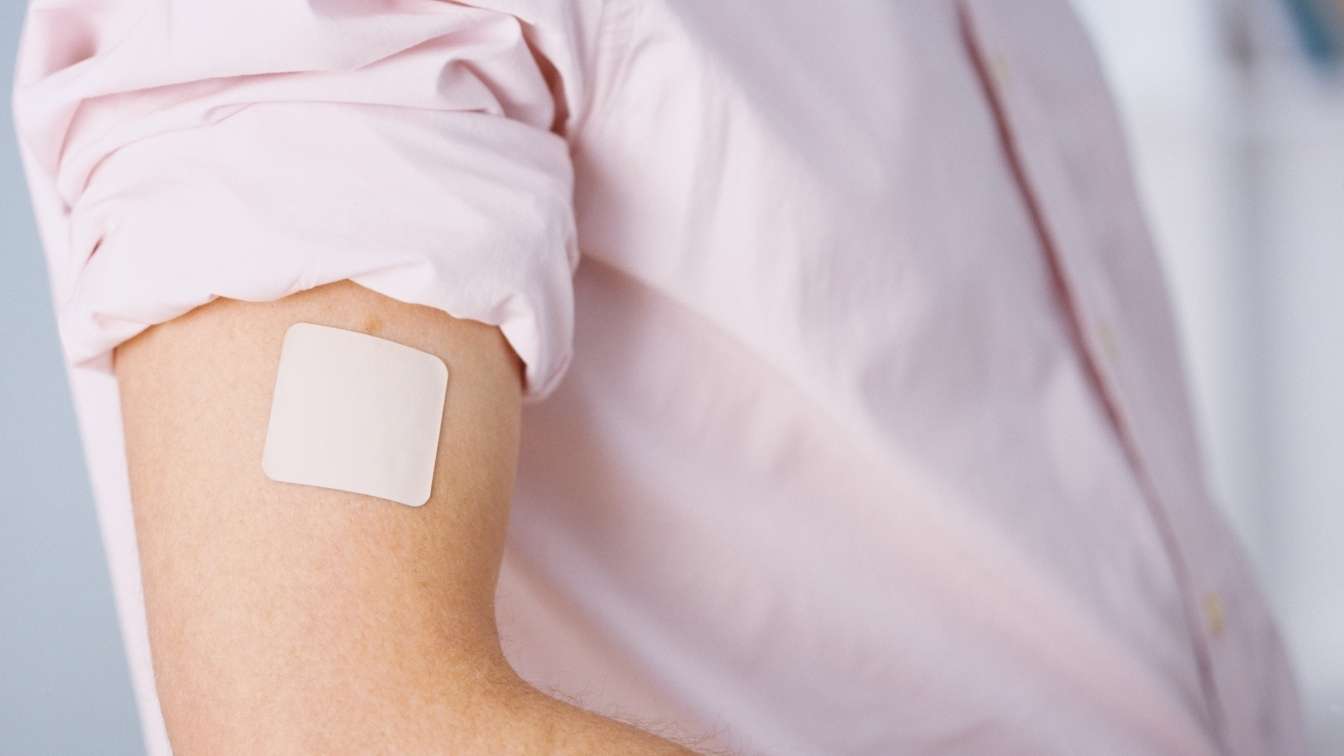Hormone Replacement Therapy (HRT) is often hailed as a lifesaver for those navigating the challenges of menopause or hormone deficiencies. Yet, a common question persists: can HRT cause depression? While HRT aims to alleviate symptoms such as mood swings, hot flashes, and fatigue, some individuals report feeling emotionally worse after starting treatment. Let's delve into the potential link between HRT and depression, exploring expert insights, possible causes, and solutions.

What Is Hormone Replacement Therapy (HRT)?
HRT is a medical treatment designed to replace hormones that the body no longer produces in sufficient quantities. It's commonly prescribed for:
-
Menopause: To manage symptoms like hot flashes, night sweats, and mood swings.
-
Andropause: To address low testosterone in men.
-
Post-surgical: After surgeries like oophorectomy (removal of ovaries).
The therapy typically involves estrogen, progesterone, or testosterone, delivered via pills, patches, gels, or injections. While the benefits are well-documented, the emotional side effects, including depression, remain a point of debate.
Understanding Depression: Is HRT a Cause?
Depression is a multifaceted condition influenced by genetic, environmental, and hormonal factors. While HRT aims to stabilize hormone levels, it can sometimes result in:
-
Hormonal Imbalance:
-
Inappropriate dosing can lead to too much or too little of a specific hormone, potentially causing mood disturbances.
-
-
Initial Adjustment Period:
-
The body may take time to adjust to new hormone levels, leading to temporary emotional fluctuations.
-
-
Pre-existing Mental Health Issues:
-
Individuals with a history of depression may experience a recurrence, unrelated to HRT itself.
-
-
Type of Hormones Used:
-
Synthetic progestins, as opposed to bioidentical progesterone, have been associated with negative mood changes.
-
-
Other Medical Conditions:
-
Thyroid imbalances or undiagnosed health issues may interact with HRT, exacerbating depressive symptoms.
-
What Experts Say
Doctors and researchers emphasize that most individuals tolerate HRT well. However, they recommend careful evaluation before initiating therapy:
-
Dr. Emily Grant, Endocrinologist: “HRT is generally safe, but it's crucial to tailor treatments to the individual. Depression could signal the need for dosage adjustments or alternative therapies.”
-
Dr. Alan Perez, Psychiatrist: “The emotional side effects of HRT are often underreported. A comprehensive mental health assessment should accompany hormone therapy consultations.”
Benefits of HRT: A Double-Edged Sword
Despite concerns, the benefits of HRT often outweigh the risks:
-
Improved Sleep: Hormone stabilization can reduce insomnia, indirectly enhancing mood.
-
Increased Energy: Alleviating fatigue boosts overall well-being.
-
Enhanced Cognitive Function: Some studies link estrogen to better memory and focus.
-
Reduced Risk of Osteoporosis: HRT protects against bone density loss, improving quality of life.
However, when depressive symptoms arise, they can overshadow these advantages, making it essential to address concerns promptly.
How to Minimize the Risk of Depression on HRT
-
Choose the Right Practitioner:
-
Work with a specialist experienced in hormone therapy.
-
-
Comprehensive Health Assessment:
-
Include tests for thyroid function, adrenal health, and vitamin deficiencies.
-
-
Start with Low Doses:
-
Gradually increase to find the optimal balance without overwhelming the body.
-
-
Monitor Regularly:
-
Schedule follow-ups to adjust therapy based on how you feel.
-
-
Consider Bioidentical Hormones:
-
These may have fewer mood-related side effects compared to synthetic options.
-
-
Integrate Mental Health Support:
-
Combine HRT with counseling or therapy for a holistic approach.
-
When to Seek Help
If you're experiencing depression after starting HRT, don't dismiss it as a normal adjustment. Warning signs to watch for include:
-
Persistent sadness or low mood
-
Loss of interest in activities
-
Sleep disturbances
-
Difficulty concentrating
-
Thoughts of self-harm
Immediate consultation with your healthcare provider can help pinpoint the cause and adjust your treatment plan.
Alternative Solutions for Managing Hormone Imbalances
If HRT doesn't feel right for you, consider other options:
-
Lifestyle Changes:
-
Regular exercise, a balanced diet, and stress management can naturally stabilize hormones.
-
-
Herbal Remedies:
-
Supplements like black cohosh or evening primrose oil may offer mild relief.
-
-
Non-Hormonal Medications:
-
Antidepressants or other medications can target specific symptoms without affecting hormone levels.
-
Conclusion
So, can HRT cause depression? The answer isn't straightforward. While HRT can trigger depressive symptoms in some individuals, these instances are relatively rare and often manageable with the right approach. By working closely with healthcare providers, monitoring symptoms, and considering alternative treatments if necessary, most people can reap the benefits of HRT without significant emotional downsides.
If you're considering or currently using HRT, staying informed and proactive is key to ensuring both your physical and emotional well-being. Always prioritize open communication with your doctor to tailor a treatment plan that works for you.





